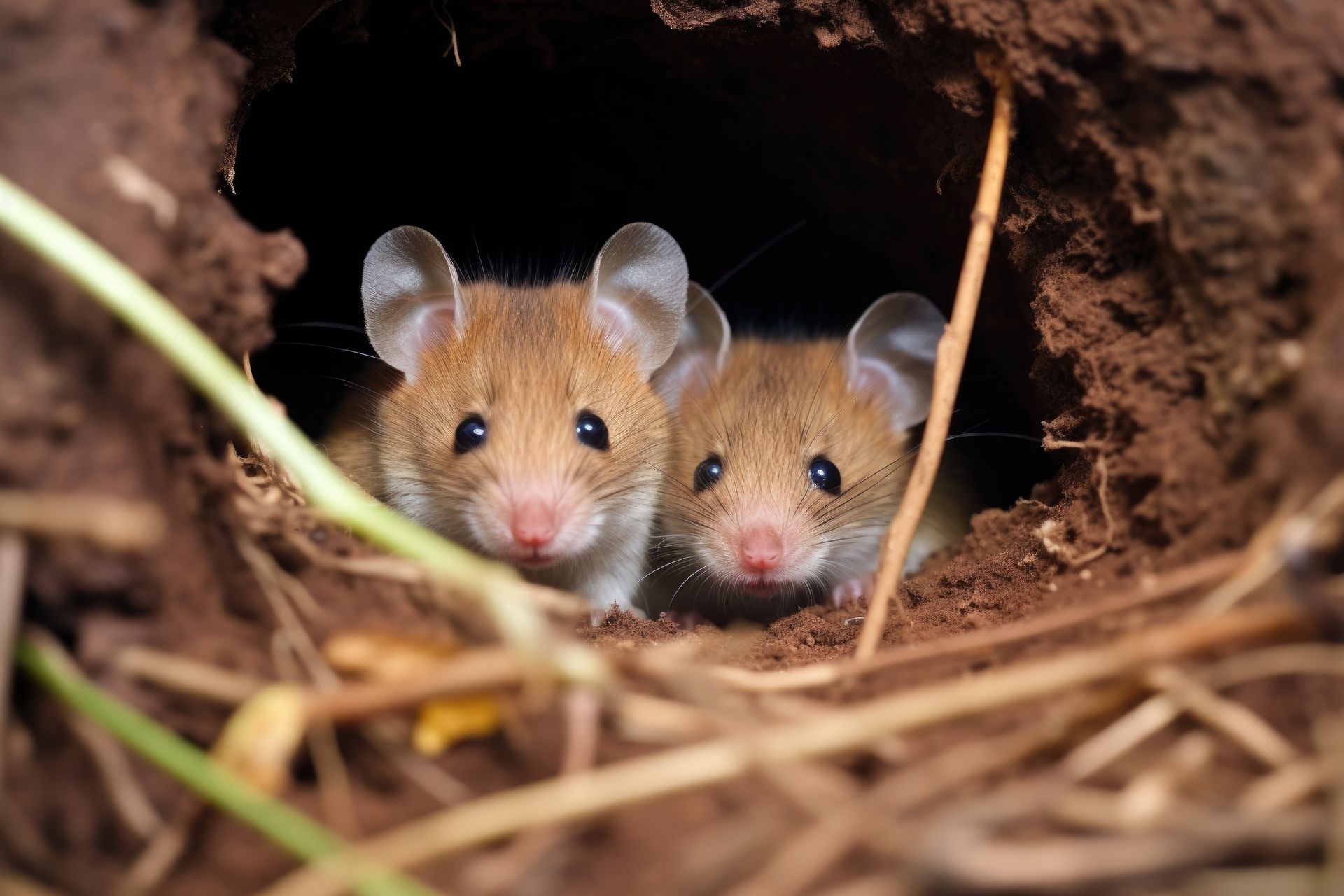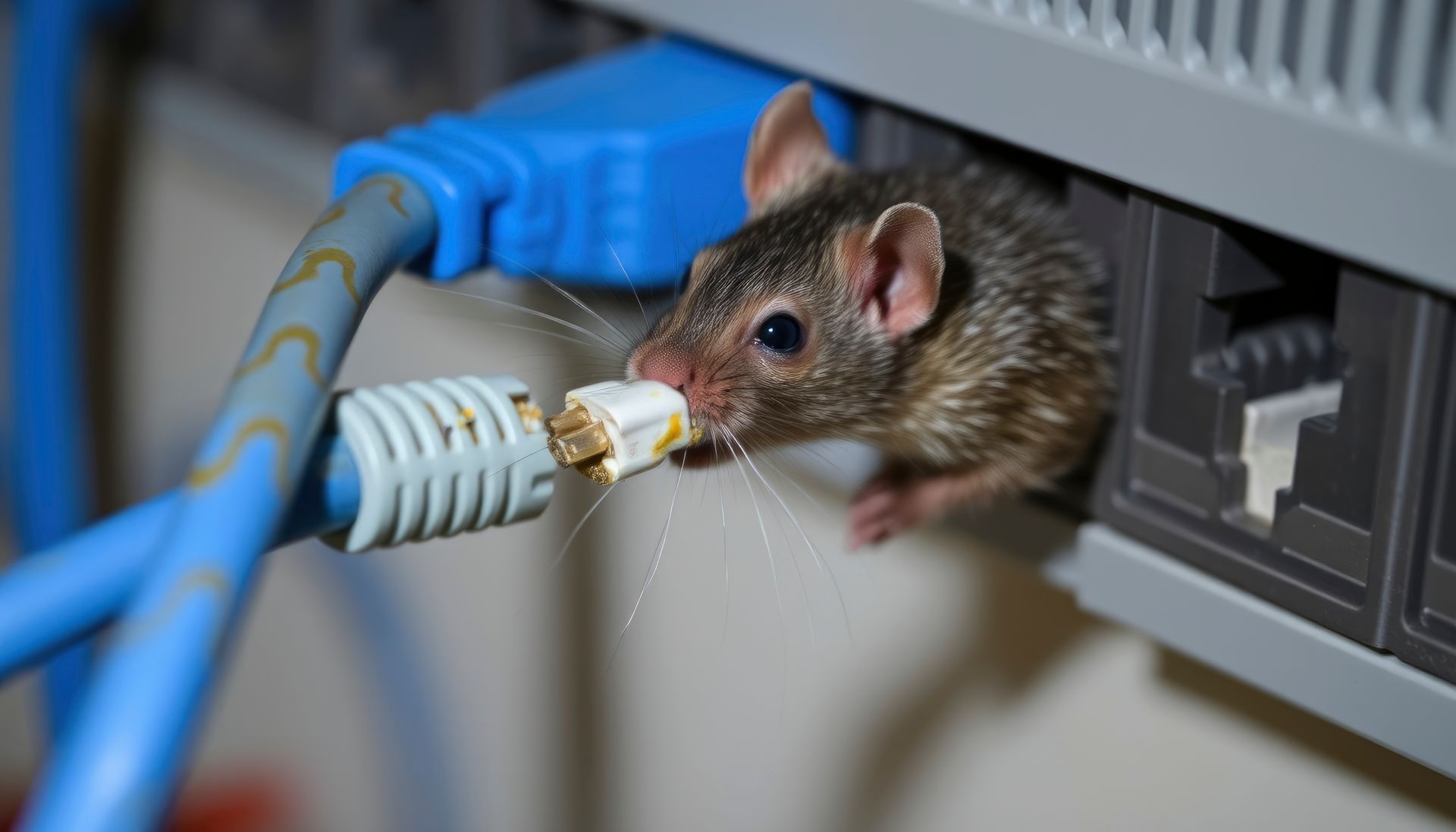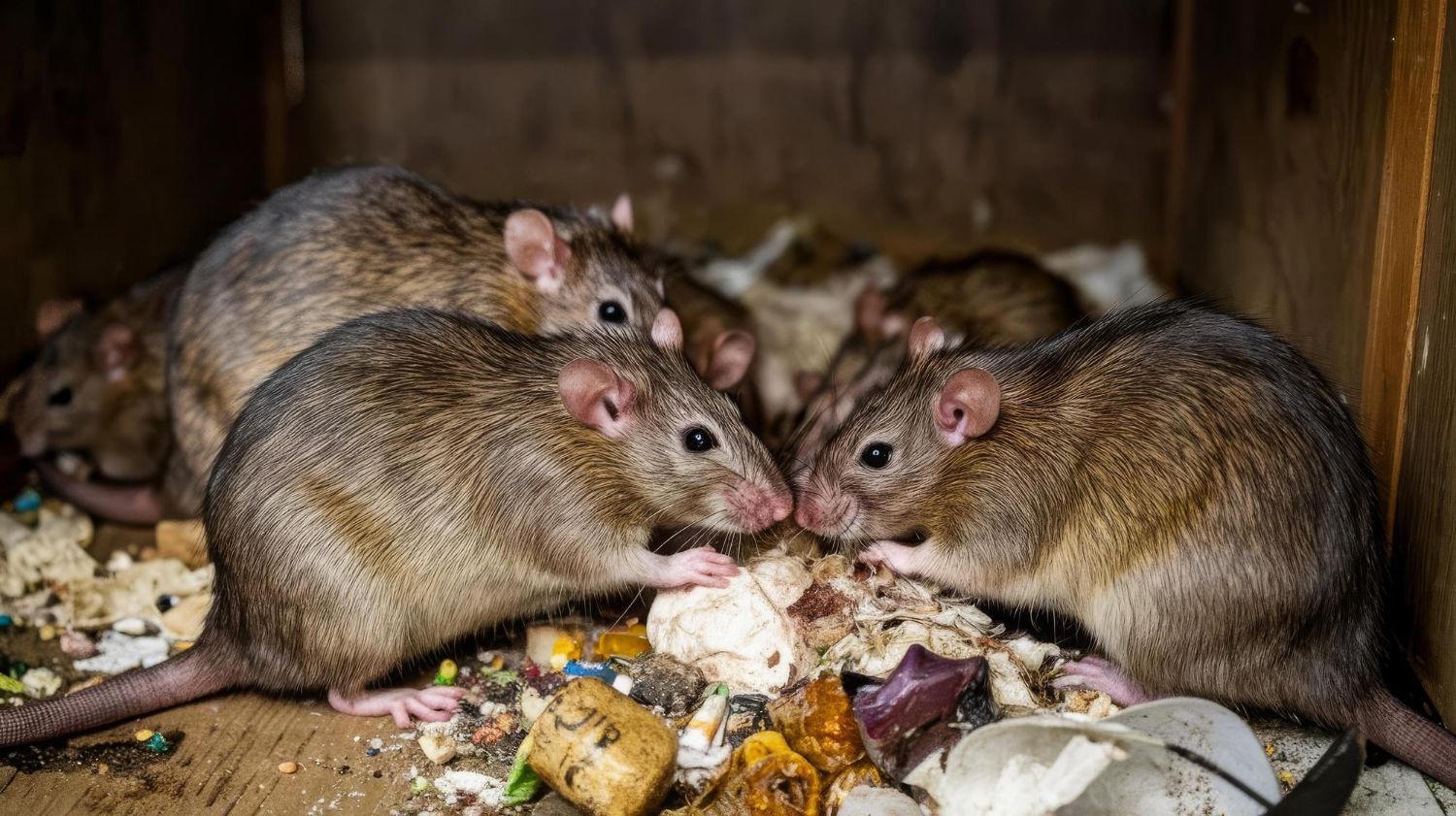Call Us Now! 678-928-4912

Rodent Extermination
DeKalb County, GA
Rodent Extermination
City
*$59 initial pest control service
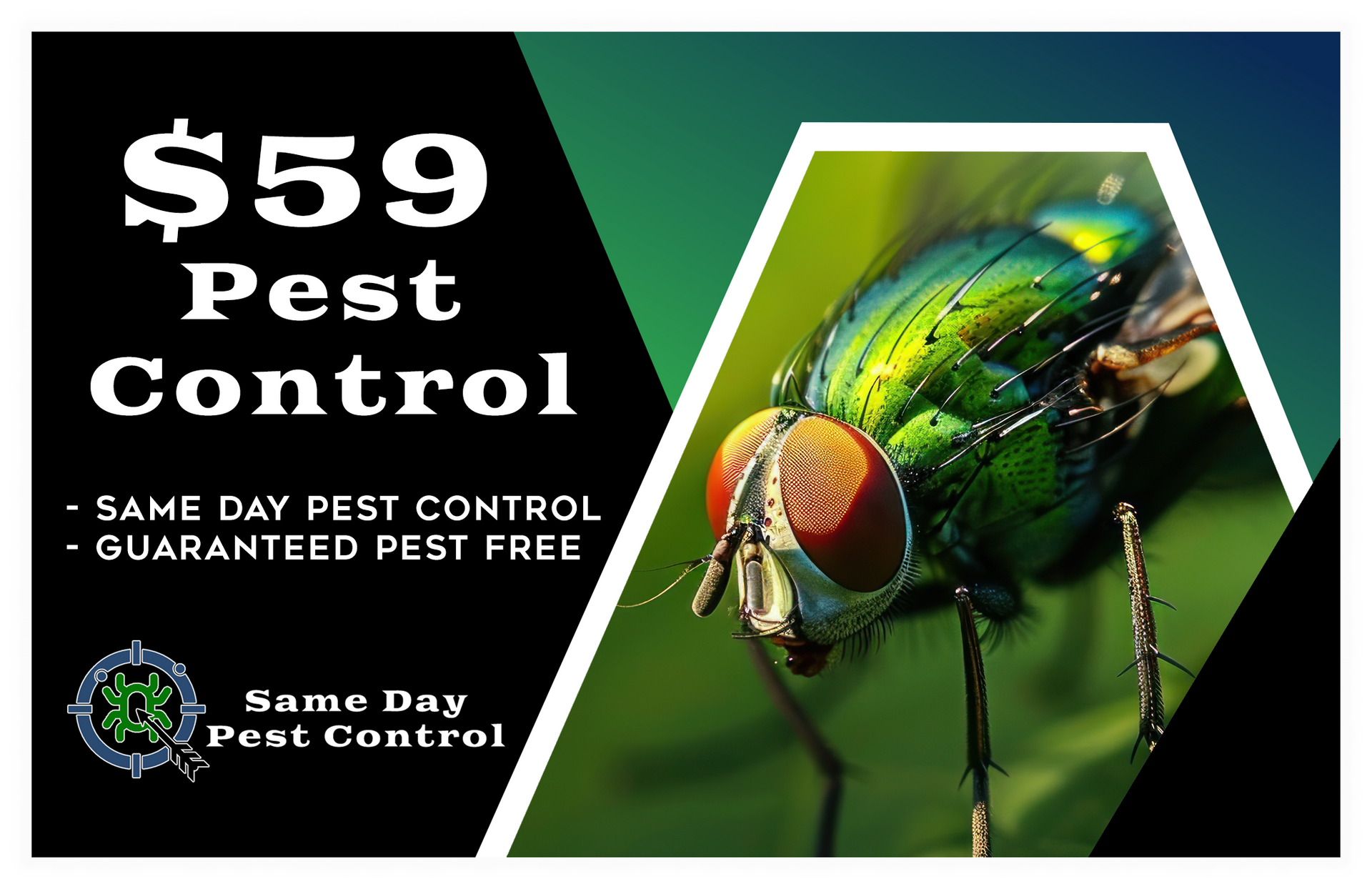
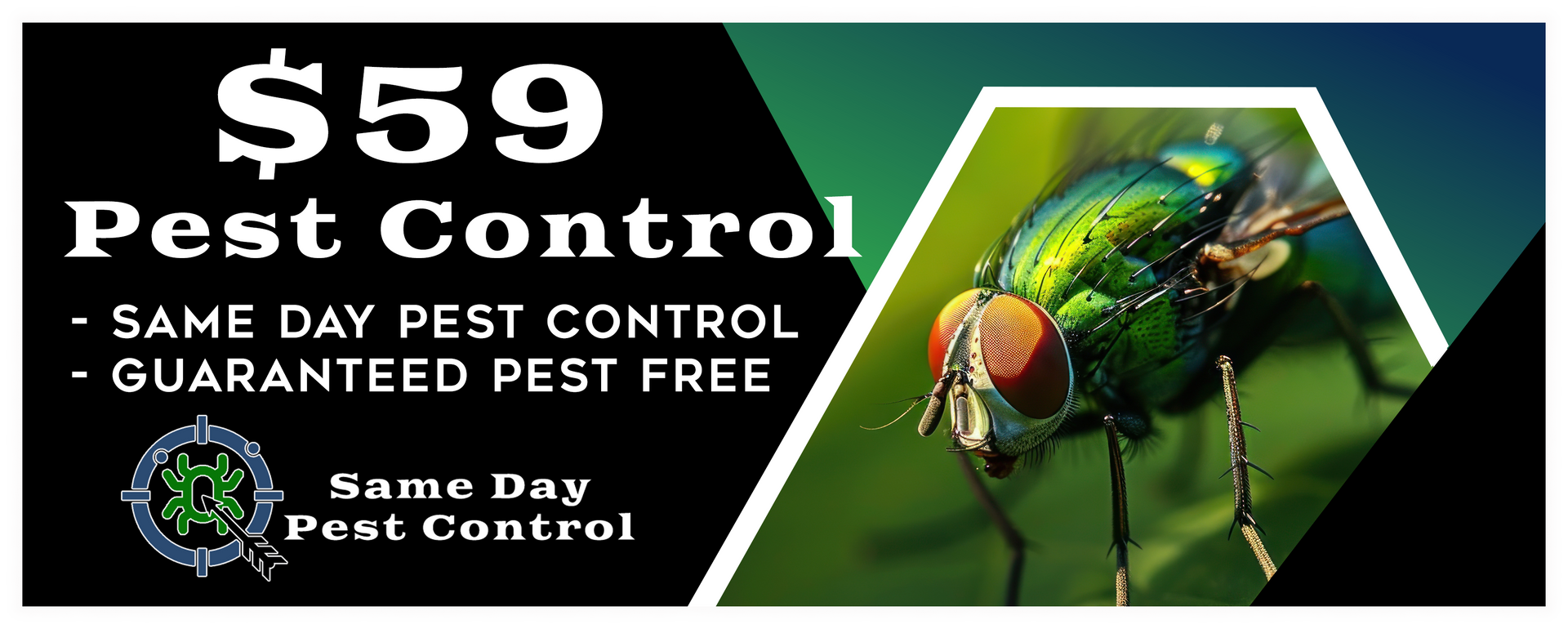
Rodent Extermination
DeKalb County, GA
Rodent Extermination
DeKalb County, GA
$59 Pest Control!*
*$59 initial pest control service


$59 Pest Control!
Call us Now 678-928-4912
Choose Us for Pest Control
- Satisfaction Guarantee
- Pet and Eco Friendly
- Award Winning Service
- Family Owned & Operated
- Call Before Noon for Same Day Service
- Free Re-treatment When Applicable
- Licensed, Bonded, Insured
Choose Us for Pest Control
- Satisfaction Guarantee
- Pet and Eco Friendly
- Award Winning Service
- Family Owned & Operated
- Call Before Noon for Same Day Service
- Free Re-treatment When Applicable
- Licensed, Bonded, Insured
Get Started Today!
Call us Now 678-928-4912
Rodent Pest Control
Understanding Rodents:
Nature’s Adaptable Mammals
Rodents are a highly diverse group of mammals, known for their ever-growing front teeth, which they use for gnawing and chewing. With over 2,200 species, rodents make up nearly 40% of all mammal species worldwide.
Common Rodents and Their Habitats
Rodents thrive in nearly every environment on Earth, from deserts and grasslands to forests and wetlands. Some of the most well-known species include:
- Mice & Rats – Highly adaptable and often found in homes and urban environments.
- Squirrels – Tree-dwelling rodents that play a role in seed dispersal.
- Beavers – Known as nature’s engineers, they create wetlands by building dams.
- Hamsters & Guinea Pigs – Commonly kept as pets but still part of the rodent family.
The Dual Role of Rodents: Beneficial or Pest?
Rodents contribute to ecosystems by serving as prey for larger animals, dispersing seeds, and shaping habitats. However, their ability to reproduce quickly and adapt makes them one of the most invasive and problematic pests in homes and businesses.
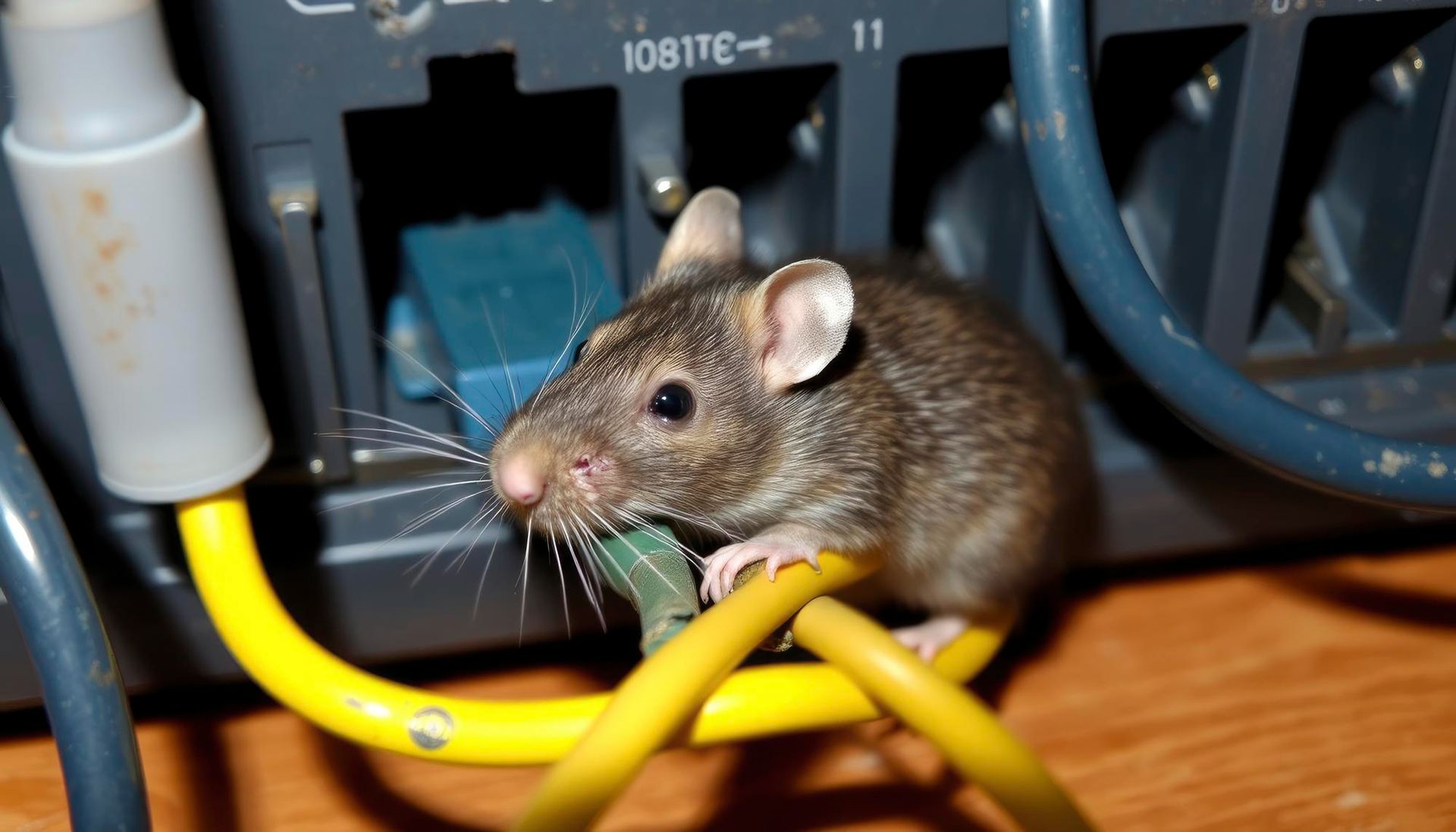

Why Rodent Control is Crucial
Rats and mice, in particular, are nocturnal, intelligent, and elusive, making them difficult to detect. These pests:
- Contaminate food and surfaces with bacteria.
- Chew through electrical wiring, increasing the risk of fires.
- Carry diseases such as Hantavirus, Salmonella, and Leptospirosis.
Our expert rodent exterminators know exactly where to inspect and how to eliminate rodent infestations—whether in homes, offices, or commercial properties.
Get Rid of Rodents Today!
Don’t let rodents take over your property. If you suspect an infestation, contact us today for professional rodent control solutions. Our team will inspect, eliminate, and prevent rodents from returning, ensuring a pest-free environment for you and your family!
Rodent Pest Control
Understanding Rodents: Nature’s Adaptable Mammals
Rodents are a highly diverse group of mammals, known for their ever-growing front teeth, which they use for gnawing and chewing. With over 2,200 species, rodents make up nearly 40% of all mammal species worldwide.
Common Rodents and Their Habitats
Rodents thrive in nearly every environment on Earth, from deserts and grasslands to forests and wetlands. Some of the most well-known species include:
- Mice & Rats – Highly adaptable and often found in homes and urban environments.
- Squirrels – Tree-dwelling rodents that play a role in seed dispersal.
- Beavers – Known as nature’s engineers, they create wetlands by building dams.
- Hamsters & Guinea Pigs – Commonly kept as pets but still part of the rodent family.
The Dual Role of Rodents: Beneficial or Pest?
Rodents contribute to ecosystems by serving as prey for larger animals, dispersing seeds, and shaping habitats. However, their ability to reproduce quickly and adapt makes them one of the most invasive and problematic pests in homes and businesses.
Why Rodent Control is Crucial
Rats and mice, in particular, are nocturnal, intelligent, and elusive, making them difficult to detect. These pests:
- Contaminate food and surfaces with bacteria.
- Chew through electrical wiring, increasing the risk of fires.
- Carry diseases such as Hantavirus, Salmonella, and Leptospirosis.
Our
expert rodent exterminators
know exactly where to inspect and how to eliminate rodent infestations—whether in homes, offices, or commercial properties.
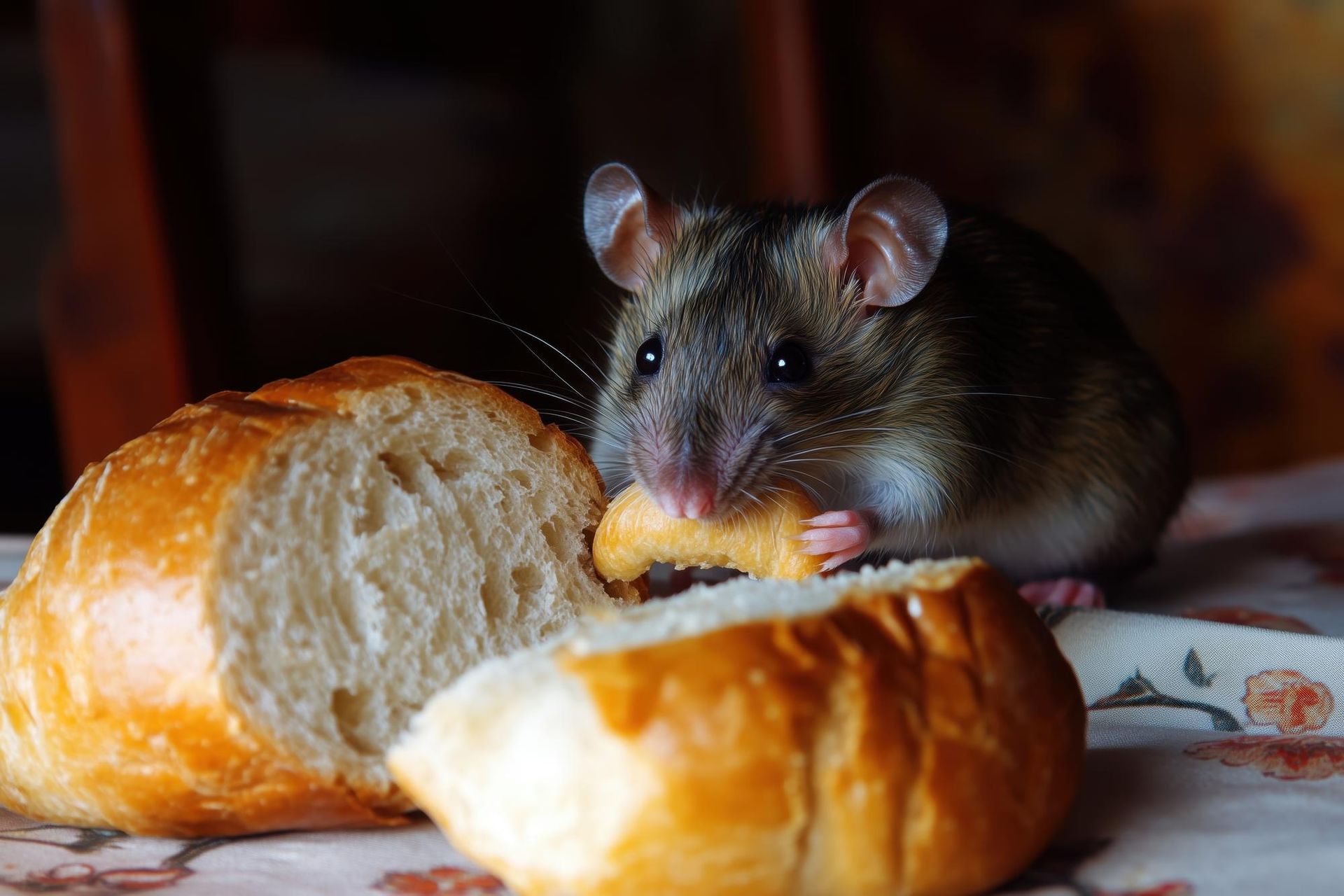
What Do Rodents Eat?
Rodents are opportunistic feeders, primarily consuming plant-based materials such as seeds, nuts, fruits, and vegetation in the wild. However, when they invade homes or businesses, they won’t hesitate to feast on human food sources, including grains, pet food, and even garbage. Their ability to adapt to available food supplies makes them persistent and difficult to control once they establish a presence.
Protect Your Property from Rodent Infestations
Rodents not only contaminate food and spread bacteria, but they also gnaw through walls, wiring, and insulation, causing structural damage and fire hazards. If you’ve noticed signs of rodent activity—such as droppings, chewed packaging, or scratching noises—immediate action is crucial to prevent a full-blown infestation.
Call the Rodent Control Experts
Don’t let rodents take over your home or business! Our professional rodent exterminators specialize in eliminating infestations and implementing preventive measures to keep them from coming back. Contact us today for expert rodent control solutions and reclaim your space!
What Foods Do Rodents Eat?
The diet of a rodent varies based on its species, habitat, and availability of food sources. While many rodents are herbivores, some are omnivores or even carnivorous scavengers, allowing them to thrive in different environments.
Types of Rodent Diets
1. Herbivorous Rodents (Plant-Eaters)
Many rodents primarily consume plant-based foods, such as:
- Leaves, seeds, and fruits
- Roots and tubers
- Grasses and bark
Examples of herbivorous rodents include squirrels, beavers, and guinea pigs, which rely on plant materials to sustain their diet.
2. Omnivorous Rodents (Plant & Animal Diets)
Some rodents are opportunistic eaters, consuming both plant matter and protein-rich foods like:
- Seeds, nuts, and fruits
- Insects and small animals
- Pet food and scraps in urban settings
Mice and rats are common omnivores, capable of adapting their diet to whatever is available. This flexibility is one reason they are so successful in urban and residential areas.
3. Carnivorous Rodents (Meat-Eaters)
Though rare, some rodents primarily feed on animal-based proteins, including:
- Insects and larvae
- Small mammals or reptiles
- Carrion (decaying animal remains)
Certain rat species are known to scavenge or prey on smaller creatures, making them more than just nuisance pests.
Why Understanding Rodent Diets Matters
Rodents have adapted to a wide range of food sources, which is why they are difficult to eliminate once they infest a home or business. They will chew through packaging, contaminate stored food, and even gnaw on wires or insulation in search of nourishment.
Get Professional Rodent Control Today
If rodents are invading your property, simply removing their food source isn’t always enough—they can survive on the smallest scraps and adapt quickly. Professional rodent extermination is the most effective way to eliminate them and prevent future infestations.
Contact us today for expert rodent control solutions and keep your home or business rodent-free!

What Do Rodents Eat?
Rodents are opportunistic feeders, primarily consuming plant-based materials such as seeds, nuts, fruits, and vegetation in the wild. However, when they invade homes or businesses, they won’t hesitate to feast on human food sources, including grains, pet food, and even garbage. Their ability to adapt to available food supplies makes them persistent and difficult to control once they establish a presence.
Protect Your Property from Rodent Infestations
Rodents not only contaminate food and spread bacteria, but they also gnaw through walls, wiring, and insulation, causing structural damage and fire hazards. If you’ve noticed signs of rodent activity—such as droppings, chewed packaging, or scratching noises—immediate action is crucial to prevent a full-blown infestation.
Call the Rodent Control Experts
Don’t let rodents take over your home or business! Our professional rodent exterminators specialize in eliminating infestations and implementing preventive measures to keep them from coming back. Contact us today for expert rodent control solutions and reclaim your space!
What Foods Do Rodents Eat?
The diet of a rodent varies based on its species, habitat, and availability of food sources. While many rodents are herbivores, some are omnivores or even carnivorous scavengers, allowing them to thrive in different environments.
Types of Rodent Diets
1. Herbivorous Rodents (Plant-Eaters)
Many rodents primarily consume plant-based foods, such as:
- Leaves, seeds, and fruits
- Roots and tubers
- Grasses and bark
Examples of herbivorous rodents include squirrels, beavers, and guinea pigs, which rely on plant materials to sustain their diet.
2. Omnivorous Rodents (Plant & Animal Diets)
Some rodents are opportunistic eaters, consuming both plant matter and protein-rich foods like:
- Seeds, nuts, and fruits
- Insects and small animals
- Pet food and scraps in urban settings
Mice and rats are common omnivores, capable of adapting their diet to whatever is available. This flexibility is one reason they are so successful in urban and residential areas.
3. Carnivorous Rodents (Meat-Eaters)
Though rare, some rodents primarily feed on animal-based proteins, including:
- Insects and larvae
- Small mammals or reptiles
- Carrion (decaying animal remains)
Certain rat species are known to scavenge or prey on smaller creatures, making them more than just nuisance pests.
Why Understanding Rodent Diets Matters
Rodents have adapted to a wide range of food sources, which is why they are difficult to eliminate once they infest a home or business. They will chew through packaging, contaminate stored food, and even gnaw on wires or insulation in search of nourishment.
Get Professional Rodent Control Today
If rodents are invading your property, simply removing their food source isn’t always enough—they can survive on the smallest scraps and adapt quickly. Professional rodent extermination is the most effective way to eliminate them and prevent future infestations.
Contact us today for expert rodent control solutions and keep your home or business rodent-free!
Get Started Today!
Call us Now 678-928-4912
$59 Pest Control!
Call us Now 678-928-4912
Rats and Mice Pest Control
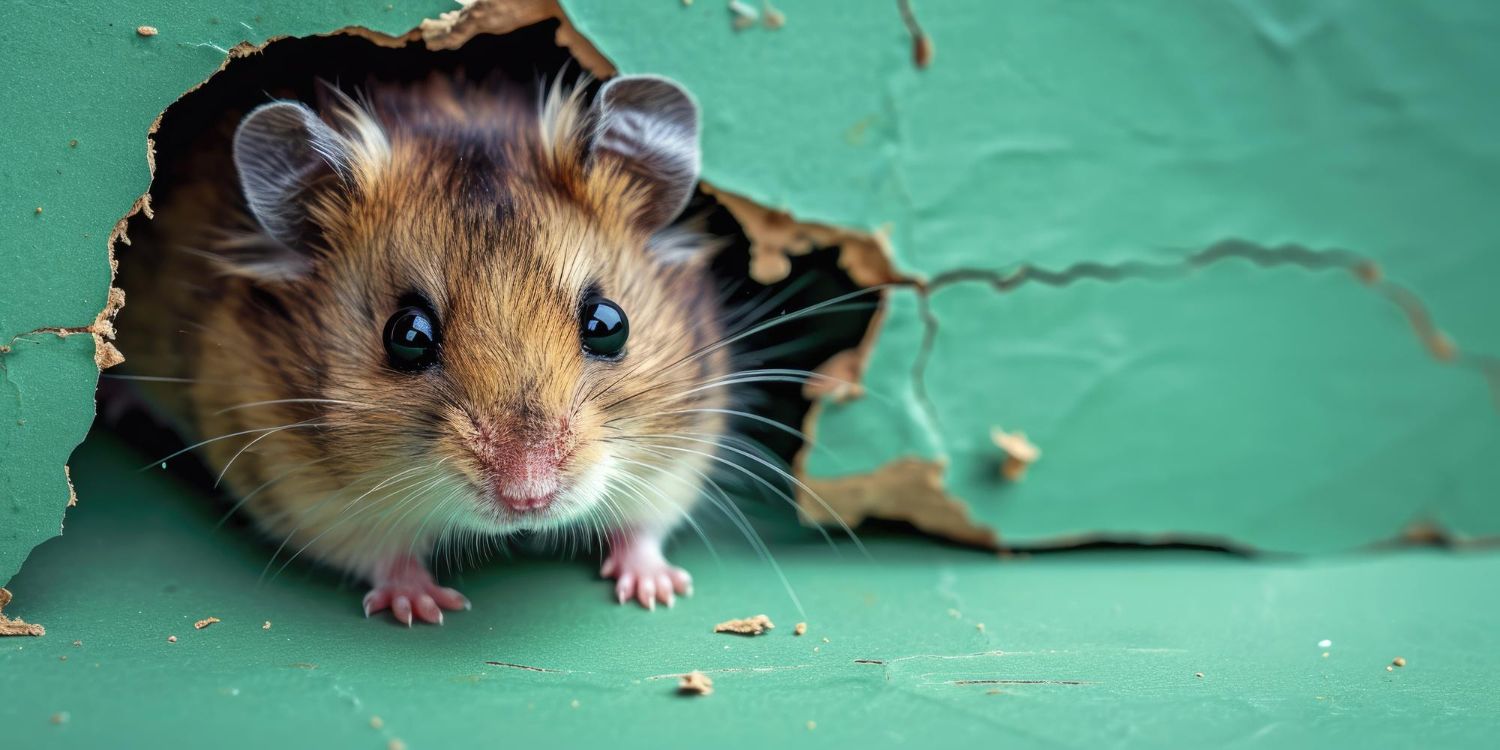
Effective Mice and Rat Pest Control:
Rodent infestations can pose serious risks to both residential and commercial properties. Mice and rats are not just a nuisance—they can spread diseases, contaminate food, and cause structural damage by gnawing on wires, insulation, and furniture. Implementing effective rodent control measures is essential to safeguard your property and prevent costly damage.
Why Mice and Rat Pest Control is Essential
Mice and rats can cause a wide range of problems in your home or business. They are known carriers of diseases such as salmonella, leptospirosis, and Hantavirus, which can be transmitted to humans through their droppings, urine, and bites. These pests also have a habit of gnawing on almost anything, including electrical wires, which can cause fires and other hazards. Additionally, they can contaminate food and surfaces with their droppings, posing a threat to your health and the health of others.
Beyond health concerns, rodents have a destructive habit of chewing on electrical wiring, wood, plastic, and even metal, increasing the risk of fires and structural damage. Additionally, their presence can lead to food contamination, threatening the health of families and employees.
Signs of a Rodent Infestation
Identifying a rodent problem early can prevent extensive damage and costly repairs. Here are some common signs of a mouse or rat infestation:
✔ Droppings
– Small, cylindrical rodent droppings found near food sources, along baseboards, or in dark corners.
✔ Gnaw Marks – Evidence of chewing on furniture, walls, wires, and food packaging.
✔ Scratching Sounds – Mice and rats are nocturnal and can often be heard scurrying behind walls, in ceilings, or under floors at night.
✔ Nests
– Rodents build nests from shredded materials like paper, insulation, or fabric, often found in attics, basements, or crawl spaces.
Protect Your Home or Business from Rodents
If you suspect a rodent infestation, immediate action is critical to prevent health risks and property damage. Our professional rodent control services will eliminate the infestation at its source and provide long-term prevention strategies.
Don’t wait until rodents take over! Contact us today for expert pest control solutions and keep your property safe, clean, and rodent-free.
Rats and Mice Pest Control

Effective Mice and Rat Pest Control:
Rodent infestations can pose serious risks to both residential and commercial properties. Mice and rats are not just a nuisance—they can spread diseases, contaminate food, and cause structural damage by gnawing on wires, insulation, and furniture. Implementing effective rodent control measures is essential to safeguard your property and prevent costly damage.
Why Mice and Rat Pest Control is Essential
Mice and rats can cause a wide range of problems in your home or business. They are known carriers of diseases such as salmonella, leptospirosis, and Hantavirus, which can be transmitted to humans through their droppings, urine, and bites. These pests also have a habit of gnawing on almost anything, including electrical wires, which can cause fires and other hazards. Additionally, they can contaminate food and surfaces with their droppings, posing a threat to your health and the health of others.
Beyond health concerns, rodents have a destructive habit of chewing on electrical wiring, wood, plastic, and even metal, increasing the risk of fires and structural damage. Additionally, their presence can lead to food contamination, threatening the health of families and employees.
Signs of a Rodent Infestation
Identifying a rodent problem early can prevent extensive damage and costly repairs. Here are some common signs of a mouse or rat infestation:
✔ Droppings
– Small, cylindrical rodent droppings found near food sources, along baseboards, or in dark corners.
✔ Gnaw Marks – Evidence of chewing on furniture, walls, wires, and food packaging.
✔ Scratching Sounds – Mice and rats are nocturnal and can often be heard scurrying behind walls, in ceilings, or under floors at night.
✔ Nests
– Rodents build nests from shredded materials like paper, insulation, or fabric, often found in attics, basements, or crawl spaces.
Protect Your Home or Business from Rodents
If you suspect a rodent infestation, immediate action is critical to prevent health risks and property damage. Our professional rodent control services will eliminate the infestation at its source and provide long-term prevention strategies.
Don’t wait until rodents take over! Contact us today for expert pest control solutions and keep your property safe, clean, and rodent-free.
Rodent Exterminator near me
Serving DeKalb County, GA and Surrounding Areas

Decatur
Stone Mountain
Lithonia
Tucker
Clarkston
Avondale Estates
Chamblee
Doraville
Brookhaven
Dunwoody
Scottdale
Pine Lake
Stonecrest
North Druid Hills
North Decatur
Belvedere Park
Candler-McAfee
Panthersville
Redan
Druid Hills
Get Started Today!
Call us Now 678-928-4912
$59 Pest Control!
Call us Now 678-928-4912

